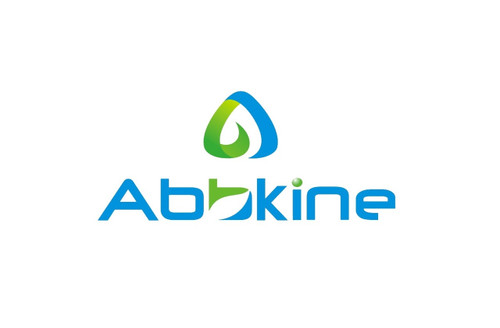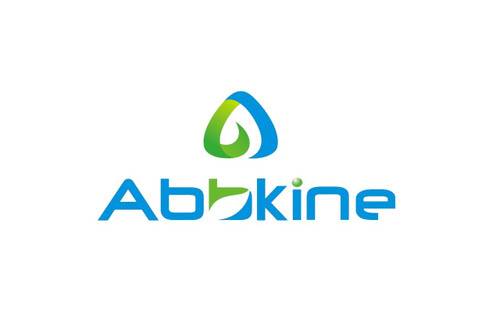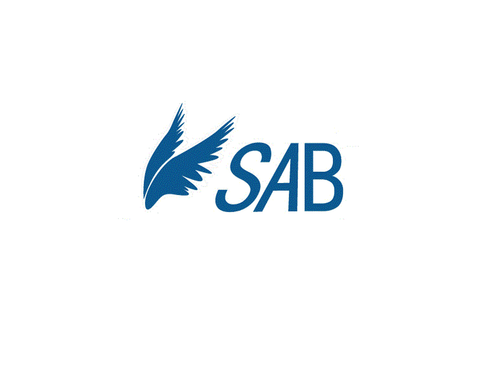Product Description
Cyclin B1 polyclonal Antibody | BS6874 | Bioworld
Host: Rabbit
Reactivity: Human,Mouse,Rat
Application: WB IHC IF
Application Range: WB 1:500 - 1:2000 IHC 1:50 - 1:200 IF 1:50 - 1:200
Background: Cyclins are a family of proteins that activate specific cyclin-dependent kinases required for progression through the cell cycle. The entry of all eukaryotic cells into mitosis is regulated by activation of cdc2/cdk1 at the G2/M transition. This activation is a multi-step process that begins with the binding of the regulatory subunit, cyclin B1, to cdc2/cdk1 to form the mitosis-promoting factor (MPF) . MPF remains in the inactive state until phosphorylation of cdc2/cdk1 at Thr161 by cdk activating kinase (CAK) and dephosphorylation of cdc2/cdk1 at Thr14/Tyr15 by cdc25C. Four cyclin B1 phosphorylation sites (Ser126, 128, 133, and 147) are located in the cytoplasmic retention signal (CRS) domain and are thought to regulate the translocation of cyclin B1 to the nucleus at the G2/M checkpoint, promoting nuclear accumulation and initiation of mitosis. While MPF itself can phosphorylate Ser126 and Ser128, polo-like kinase 1 (PLK1) phosphorylates cyclin B1 preferentially at Ser133 and possibly at Ser147. At the end of mitosis, cyclin B1 is targeted for degradation by the anaphase-promoting complex (APC), allowing for cell cycle progression. Research studies have shown that cyclin B1 is overexpressed in breast, prostate, and non-small cell lung cancers.
Storage & Stability: Store at 4°C short term. Aliquot and store at -20°C long term. Avoid freeze-thaw cycles.
Specificity: CCNB1 polyclonal Antibody detects endogenous levels of CCNB1 protein.
Molecular Weight: ~ 55 kDa
Note: For research use only, not for use in diagnostic procedure.
Alternative Names: CCNB1; CCNB; cyclin B1; G2/mitotic-specific cyclin-B1
Immunogen: A synthetic peptide of human CCNB1.
Conjugate: Unconjugated
Modification: Unmodification
Purification & Purity: The Antibody was affinity-purified from rabbit antiserum by affinity-chromatography using epitope-specific immunogen and the purity is > 95% (by SDS-PAGE) .
Pathway:
 Euro
Euro
 USD
USD
 British Pound
British Pound
 NULL
NULL








